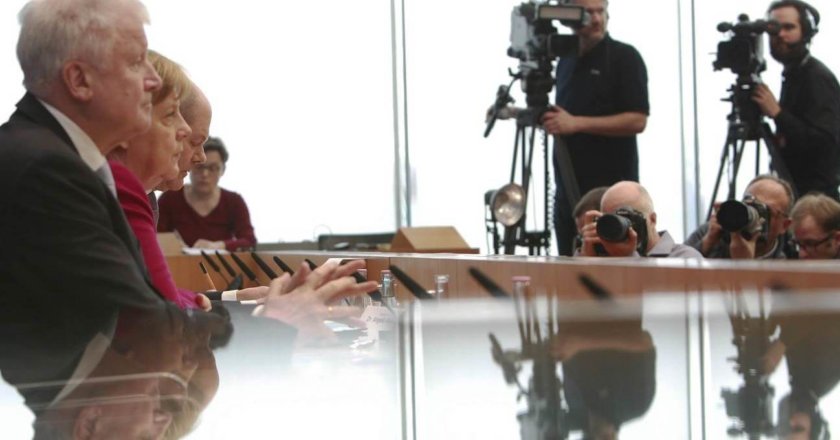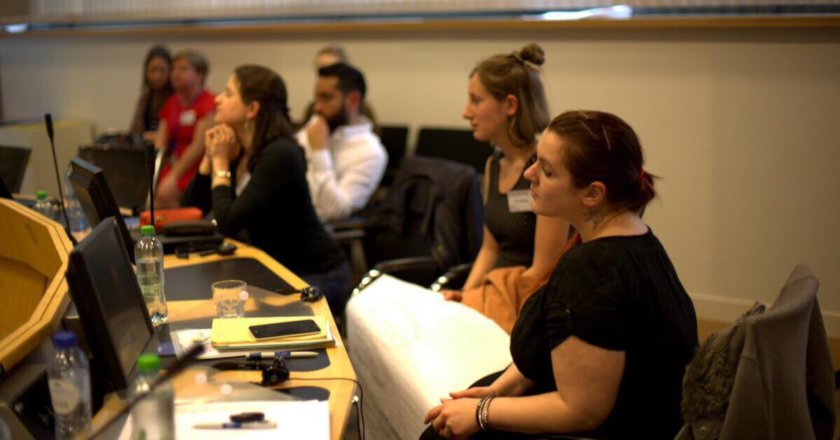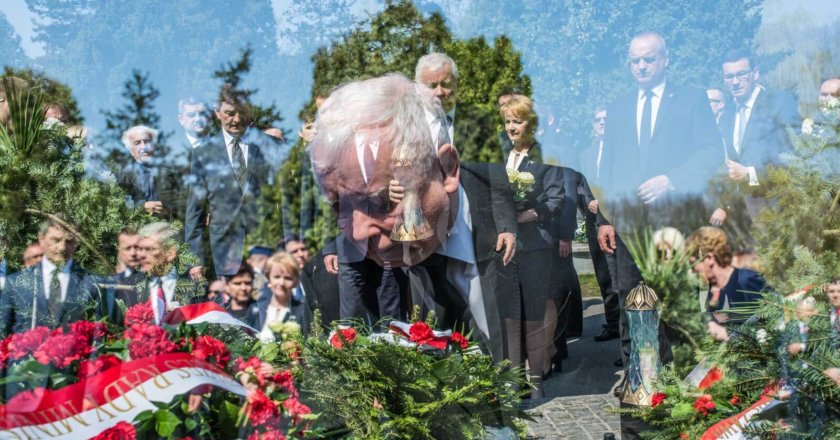Gradually one learns the first lesson of Poland: “Spoko, spoko. Easy, easy.” You get there when you get there. If you get there.


Gradually one learns the first lesson of Poland: “Spoko, spoko. Easy, easy.” You get there when you get there. If you get there.

After months of difficult coalition talks, German Chancellor Angela Merkel finally managed to establish a new government in early March, only to find that she has a spoiler in her own camp.

Three elements seem to have played a decisive role in this: voluntary servitude, the Polish brand of inferiority complex, and a deep-seated Polish anti-Semitism and more general exclusivism.

The European Parliament opened its doors to the French president Macron last week to hear his vision for the European …

Can I imagine a George Bush Fund? A Dan Quayle Fund? Even a Ted Kennedy or a Dan Rostenkowski Fund? How many Americans, old or young, would donate their wedding bands, or even their talents “for the good of the Republic”?

The Polish government’s wholesale refusal to admit any guilt or own up to mistakes speaks to a deep-seated immaturity. Recently, when the US secretary of state called President Andrzej Duda to oppose the government’s controversial historical memory law, Duda wouldn’t answer the phone, essentially sticking his fingers in his ears.

What are we to call the political project that emerges from the drama directed by Kaczyński? Maciej Gdula calls it “new authoritarianism”. It is “new” because, contrary to traditional dictatorships, it harnesses the democratic imaginary, and the practice of democracy.